|
It’s almost time for school sports to start again and, unfortunately, that means parents need to worry brain injuries. That’s because it’s estimated that every year more than 100,000 Canadian children and adolescents get a concussion while participating in normal childhood activities, like sports and play. Today in The Conversation Canada, Brian Brooks and Lianne Tomfohr-Madsen of the University of Calgary write about the latest research that improves post-concussion recovery.
We also learn about “green” chemistry labs and how “survivor myths” about weather disasters hamper the global response to climate change.
Over the last few weeks, we’ve published several political stories about what’s happening in Kashmir. Today, we have a very personal article by critical anthropologist and former humanitarian worker Omer Aijazi of the University of Toronto about his research in the region and how he learned a lot by spending time in Kashmiri kitchens.
Regards,
|
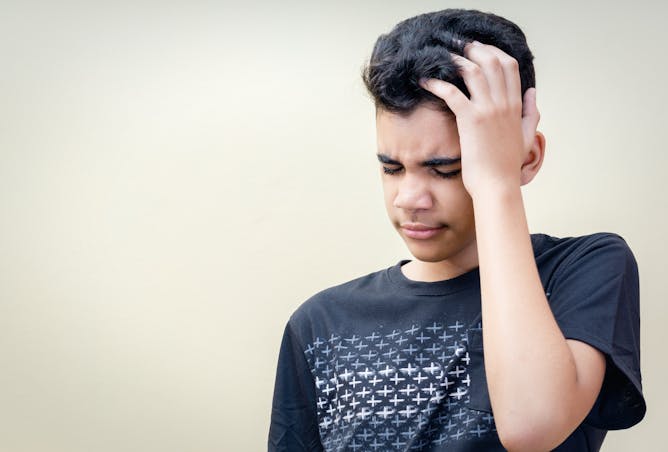
By improving sleep, research shows that post-concussion symptoms in adolescents may also get better.
(Shutterstock)
Brian Brooks, University of Calgary; Lianne Tomfohr-Madsen, University of Calgary
Cognitive behavioural therapy for insomnia provided remission of insomnia in 80 to 90 per cent of adolescents in a research trial, and improved their overall concussion recovery.
|
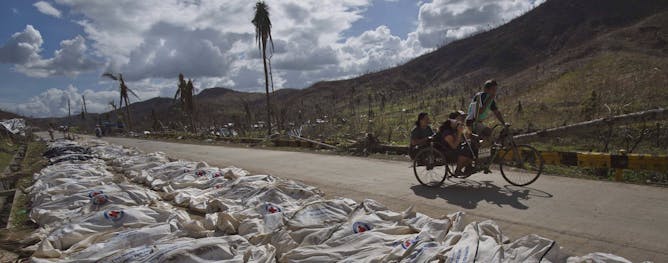
In this November 2013, photo, Typhoon Haiyan survivors pass by hundreds of victims in body bags near Tacloban, Philippines. Haiyan left more than 7,300 people dead or missing.
(AP Photo/David Guttenfelder)
Yvonne Su, University of Guelph; Maria Tanyag, Australian National University
The Haiyan Typhoon disaster is a cautionary case for climate adaptation and mitigation because it demonstrates the seductiveness of survival myths.
|
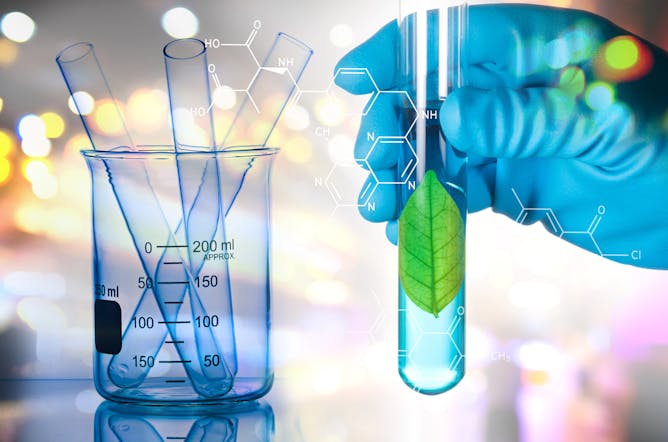
Laboratory methods leading to greener results are critical today.
(Shutterstock)
Devin Latimer, University of Winnipeg
When students practice green chemistry, they learn to think critically about the global impact of their field and become more passionate about studying chemical transformation.
|
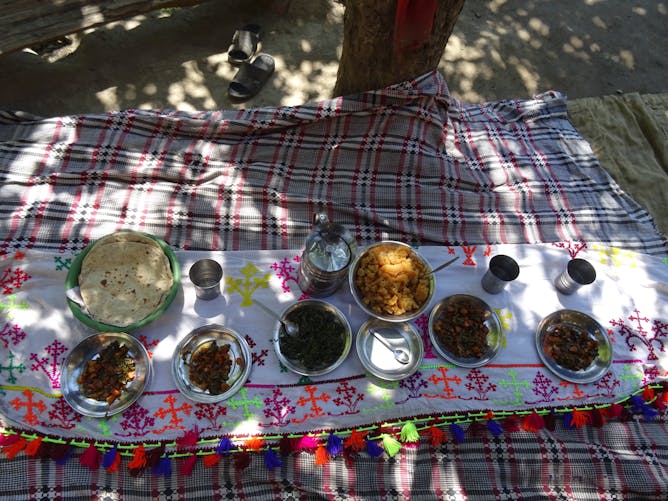
Meal-time in Kashmir is a time of dialogue.
Omer Aijazi
Omer Aijazi, University of Toronto
As Kashmir faces new challenges, our forms of allyship must also evolve. Perhaps we can learn some lessons from its kitchens.
|
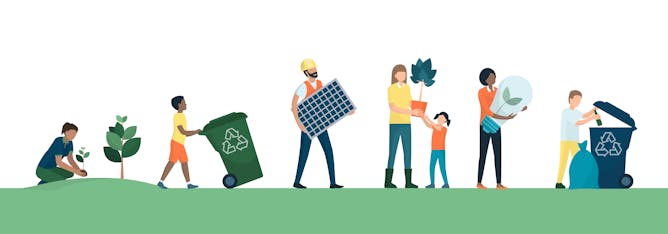
Les consommateurs veulent adopter le développement durable, mais ils ont quand même besoin d’être guidés.
Shutterstock
David J. Hardisty, University of British Columbia; Katherine White, University of British Columbia; Rishad Habib, University of British Columbia
Il y a un buzz autour du développement durable, mais les consommateurs ont encore du mal à développer de nouvelles habitudes. Voici comment changer cela.
|
Politics
|
-
William L. Iggiagruk Hensley, University of Alaska Anchorage
In 1867, the US bought Alaska from Tsar Alexander II for a tidy sum of $7.2 million. Trump probably wouldn't be able to get that kind of bargain for Greenland.
|
|
Arts
|
-
Mark Clague, University of Michigan
Before an exhausted crowd, Hendrix fused protest and horror with patriotism and optimism.
|
|
Science + Technology
|
-
Garfield Benjamin, Solent University
Facebook and Neuralink are developing interfaces to link our brains to computers, with serious ethical issues.
|
|